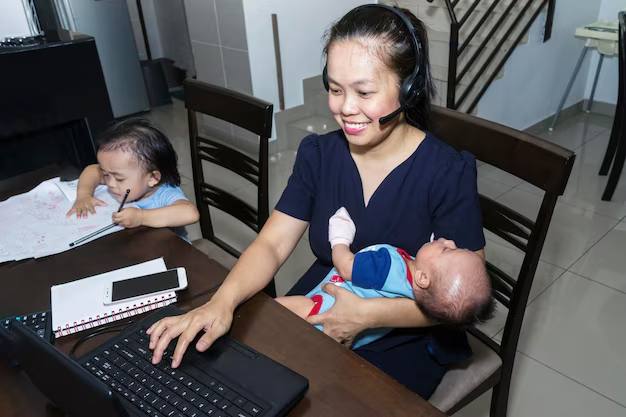How to Become a Nurse for Newborns: Key Degrees and Certifications
Embarking on a career as a nurse for newborns is a rewarding journey that combines compassion with expertise. For those fascinated by neonatal care, the path begins with earning a nursing degree. The most common routes are an Associate Degree in Nursing (ADN) or a Bachelor of Science in Nursing (BSN), with the BSN often preferred by employers for the comprehensive training it provides. Beyond fundamental nursing education, becoming a Registered Nurse (RN) by passing the NCLEX-RN exam is mandatory, paving the way to specialize in neonatal care. Advanced roles, such as a Neonatal Nurse Practitioner (NNP), require further study such as a Master of Science in Nursing (MSN) with a specialization in neonatal care.
Beyond formal education, certifications play a pivotal role in distinguishing aspiring neonatal nurses. The Neonatal Resuscitation Program (NRP) is a critical certification that equips nurses with the skills to manage neonatal emergencies. Additionally, the certification from the National Certification Corporation (NCC) for Neonatal Intensive Care Nursing (RNC-NIC) signifies a nurse’s specialized expertise. These certifications not only enhance your knowledge but significantly increase your career prospects in an increasingly competitive field.
Degrees and Certifications for Neonatal Nursing
- 🎓 Associate Degree in Nursing (ADN)
- 🎓 Bachelor of Science in Nursing (BSN)
- 📜 Registered Nurse (RN) License (via NCLEX-RN exam)
- 🎓 Master of Science in Nursing (MSN) with a Neonatal Specialty (for advanced roles)
- 📄 Neonatal Resuscitation Program (NRP) Certification
- 🏅 RNC-NIC: Certification in Neonatal Intensive Care Nursing
These educational pursuits not only open doors to a fulfilling career but also equip you with the skills to profoundly impact the lives of newborns and their families.
